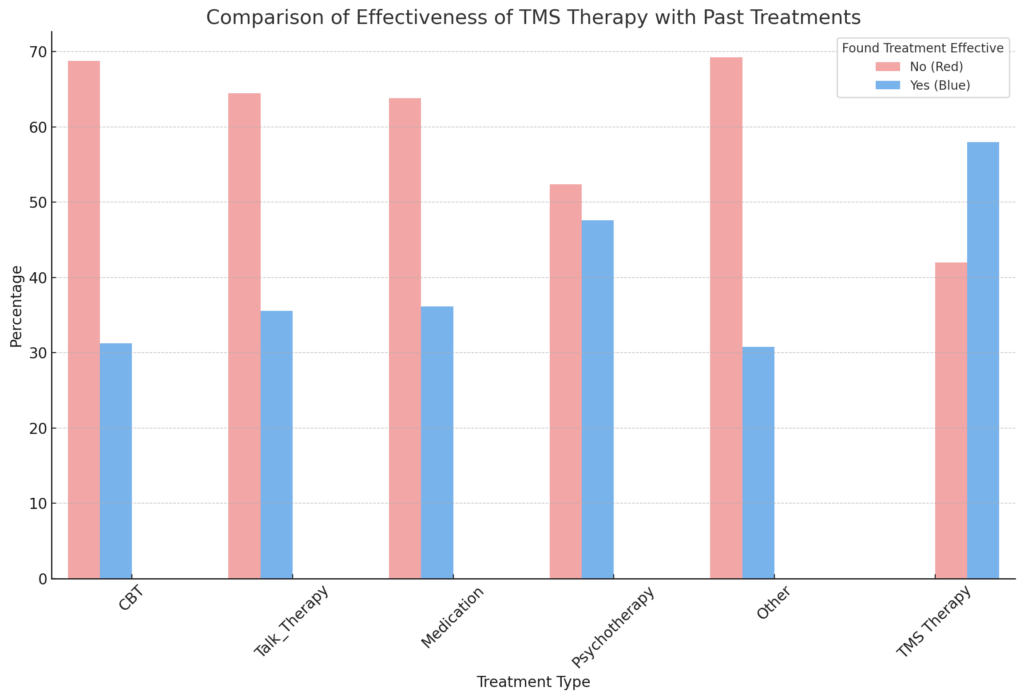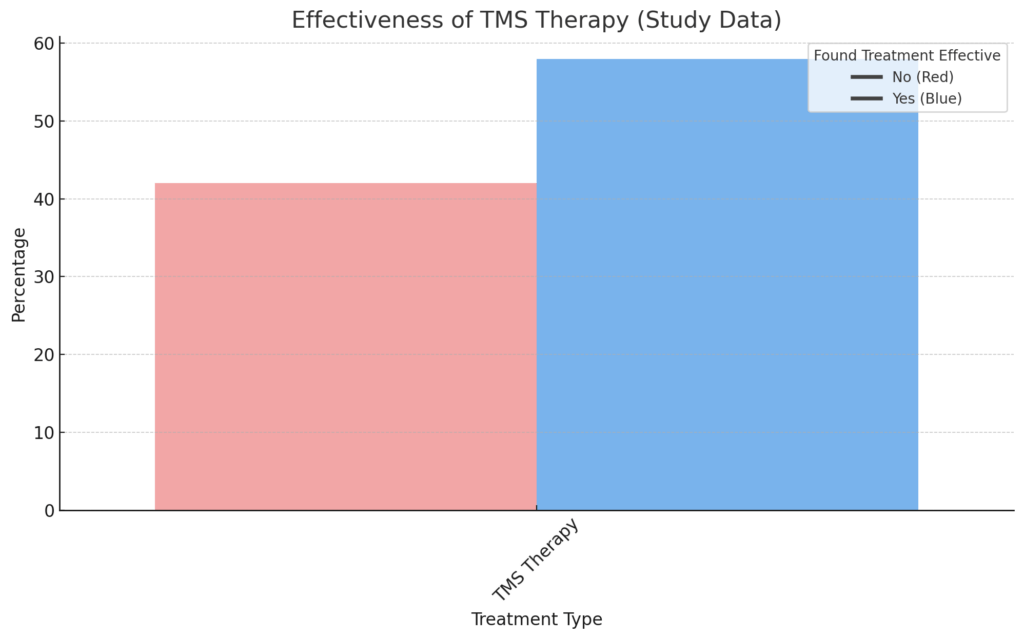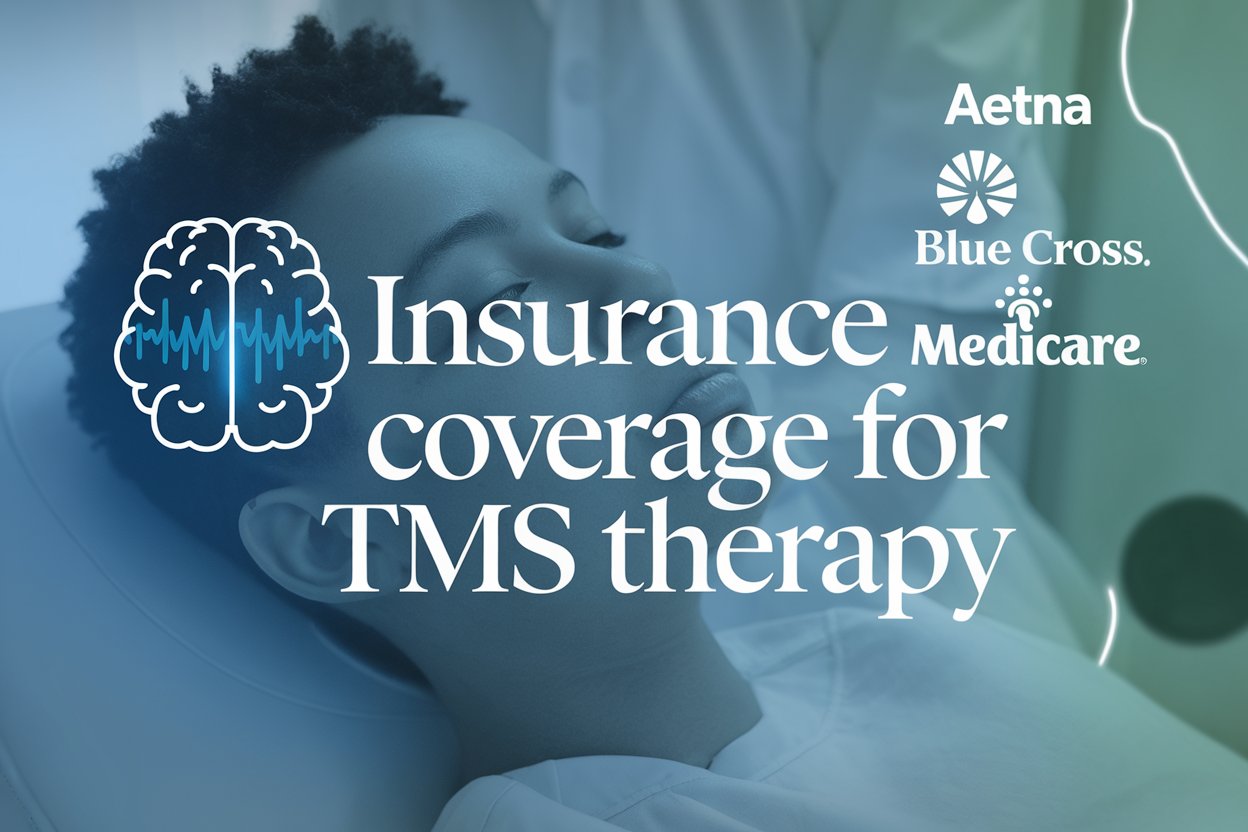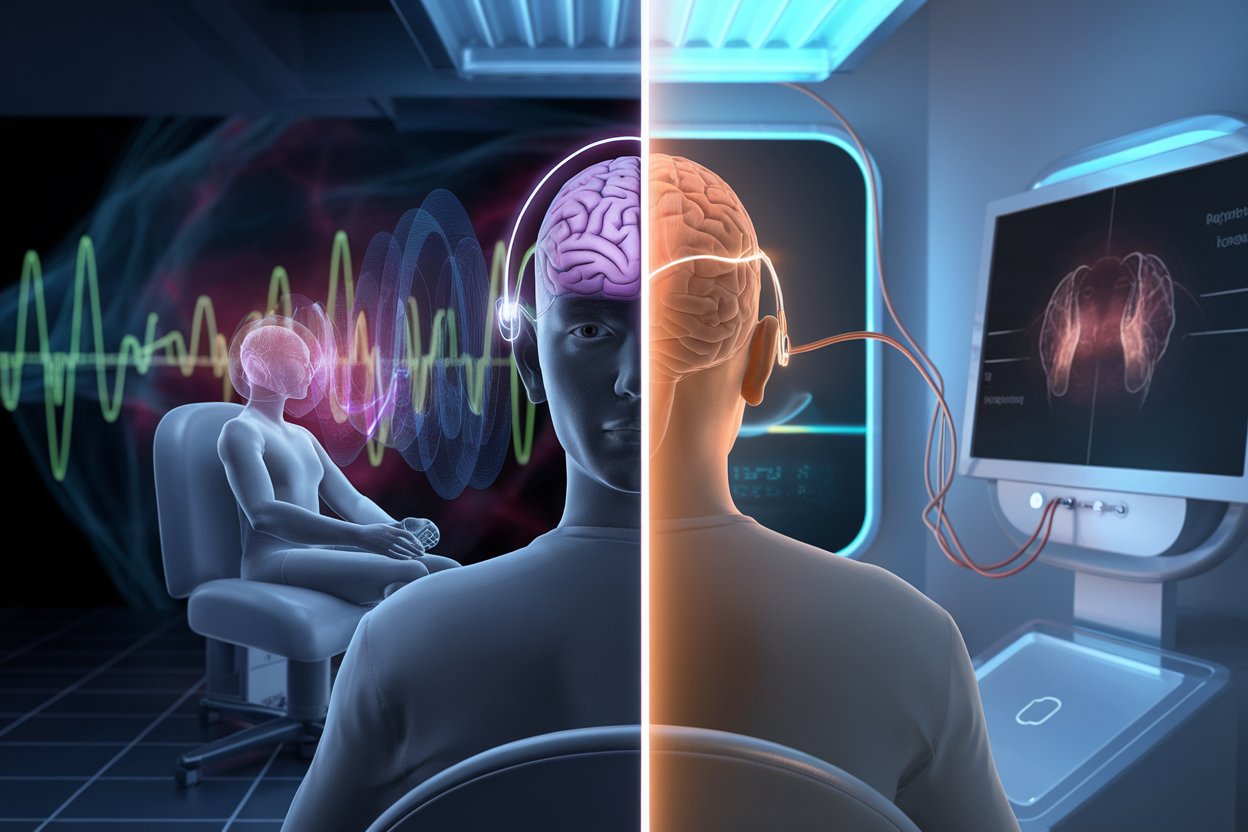Mental health treatment is important for people’s well-being, but many feel that traditional methods don’t meet their needs. This analysis looks at how well past treatments have worked and the increasing interest in Transcranial Magnetic Stimulation (TMS) Therapy. Our data shows that many respondents do not think traditional treatments work well, indicating that we need better access to mental health care.
The data was gathered from people who are looking for alternative treatments because their current ones aren’t working or they want different options. This focus might change the results compared to the general population, which suggests that more research may be necessary. Here’s what we have collected so far.
Effectiveness of Past Treatments by Treatment Type
Effectiveness by Treatment Type:
The bar chart displays the percentage of people who thought each treatment was effective (Yes) or not effective (No). For each treatment type (CBT, Talk Therapy, Medication, Psychotherapy, Other), the percentage of people is shown based on how effective they found the treatment.
Key Insights:
- Talk Therapy and Medication:
- 64.4% of respondents who tried Talk Therapy did not find it effective (Red), while 35.6% did (Blue).
- 63.8% of respondents who tried Medication did not find it effective (Red), while 36.2% did (Blue).
- CBT and Psychotherapy:
- 68.8% of respondents who tried CBT did not find it effective (Red), while 31.3% did (Blue).
- 52.4% of respondents who tried Psychotherapy did not find it effective (Red), while 47.6% did (Blue).
- Other:
- 69.2% of respondents who tried other treatments did not find them effective (Red), while 30.8% did (Blue).
The legend now clearly indicates the colors for Yes (Blue) and No (Red), making it easier to interpret the chart.

Effectiveness of TMS Therapy
TMS Therapy:
Recent studies have found that TMS Therapy is very effective for treating depression, especially in patients who haven’t improved with other treatments. A study from Stanford Medicine found that 58% of patients had a good response to TMS therapy, and 37% of them no longer showed symptoms of their condition.
Another study found that 66% of people responded to a new TMS treatment, and 42% of patients saw a complete recovery (Stanford Medicine) (Neuroscience News). Our clinics have seen even better results.
Key Insights:
- TMS Therapy:
- 58% of respondents found TMS Therapy effective (Blue), while 42% did not (Red) according to the cited study.

Comparison of Effectiveness of TMS Therapy with Past Treatments
The bar plot compares the effectiveness of TMS Therapy with traditional treatments such as CBT, Talk Therapy, Medication, Psychotherapy, and Other.
The Need for Effective Mental Health Treatment
The data shows that we need better and easier access to mental health care. Many people are not getting better with traditional treatments like Talk Therapy, Medication, CBT, and Psychotherapy. This dissatisfaction makes many people look for other options, such as TMS Therapy, which has been effective.
The strict insurance process needed to get TMS Therapy is a big obstacle. Should we require people to go through such a difficult process to get important treatment that could change their lives? We should think about changing how we provide mental health care and make treatments like TMS Therapy easier to access.
By making TMS Therapy easier to access, we can give hope to people who haven’t succeeded with regular treatments and enhance mental health overall.
References:
- Carpenter, L. L., et al. (2012). “Depression remission after TMS therapy.” Journal of Clinical Psychiatry.
- George, M. S., et al. (2010). “Daily left prefrontal transcranial magnetic stimulation therapy for major depressive disorder: a sham-controlled randomized trial.” Archives of General Psychiatry.
- Stanford Medicine. “Researchers treat depression by reversing brain signals traveling the wrong way.” Stanford Medicine News Center. Retrieved from Stanford Medicine.
- Neuroscience News. “Enhanced TMS Shows Promise as Depression Treatment.” Neuroscience News. Retrieved from Neuroscience News.





